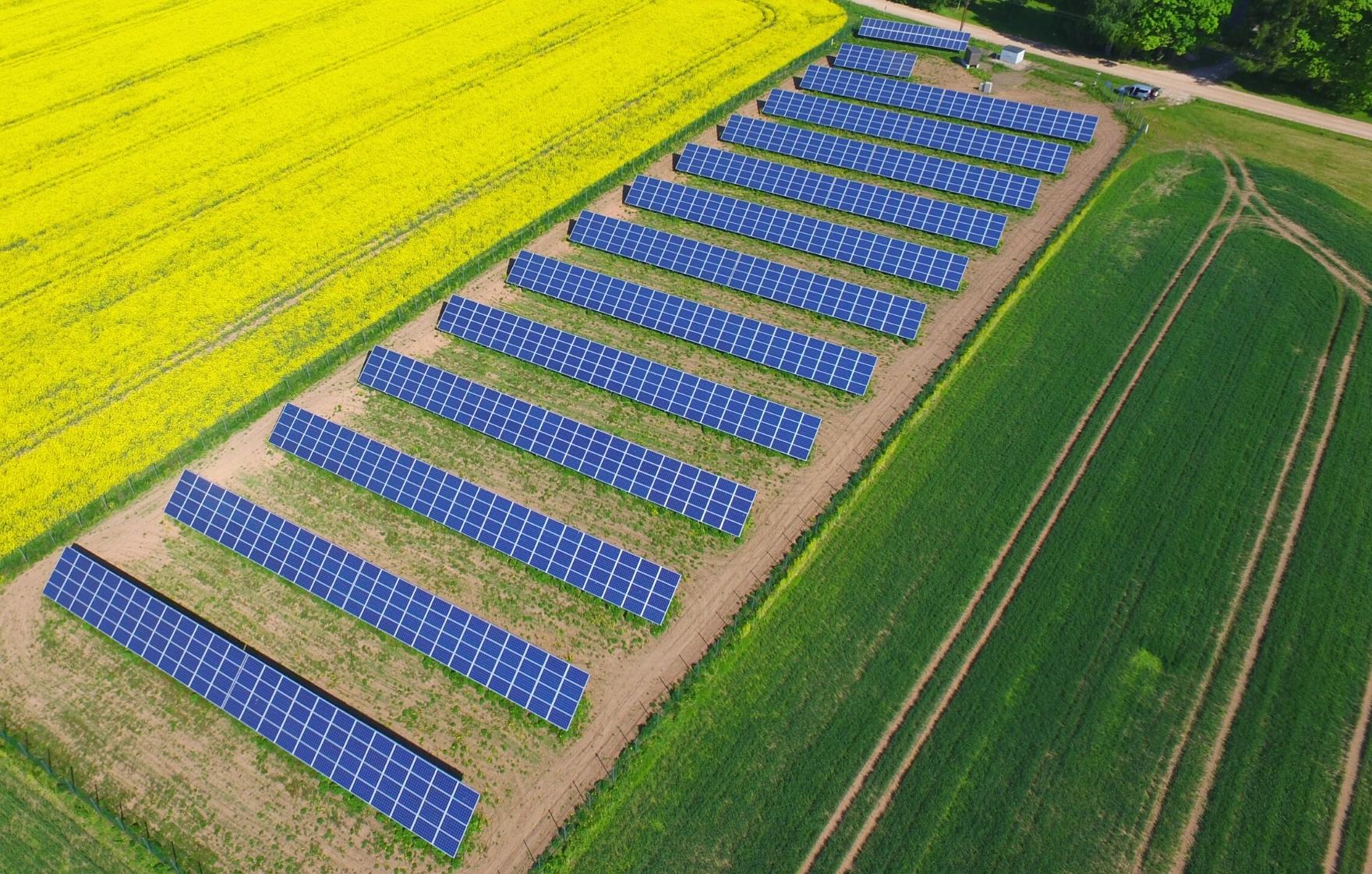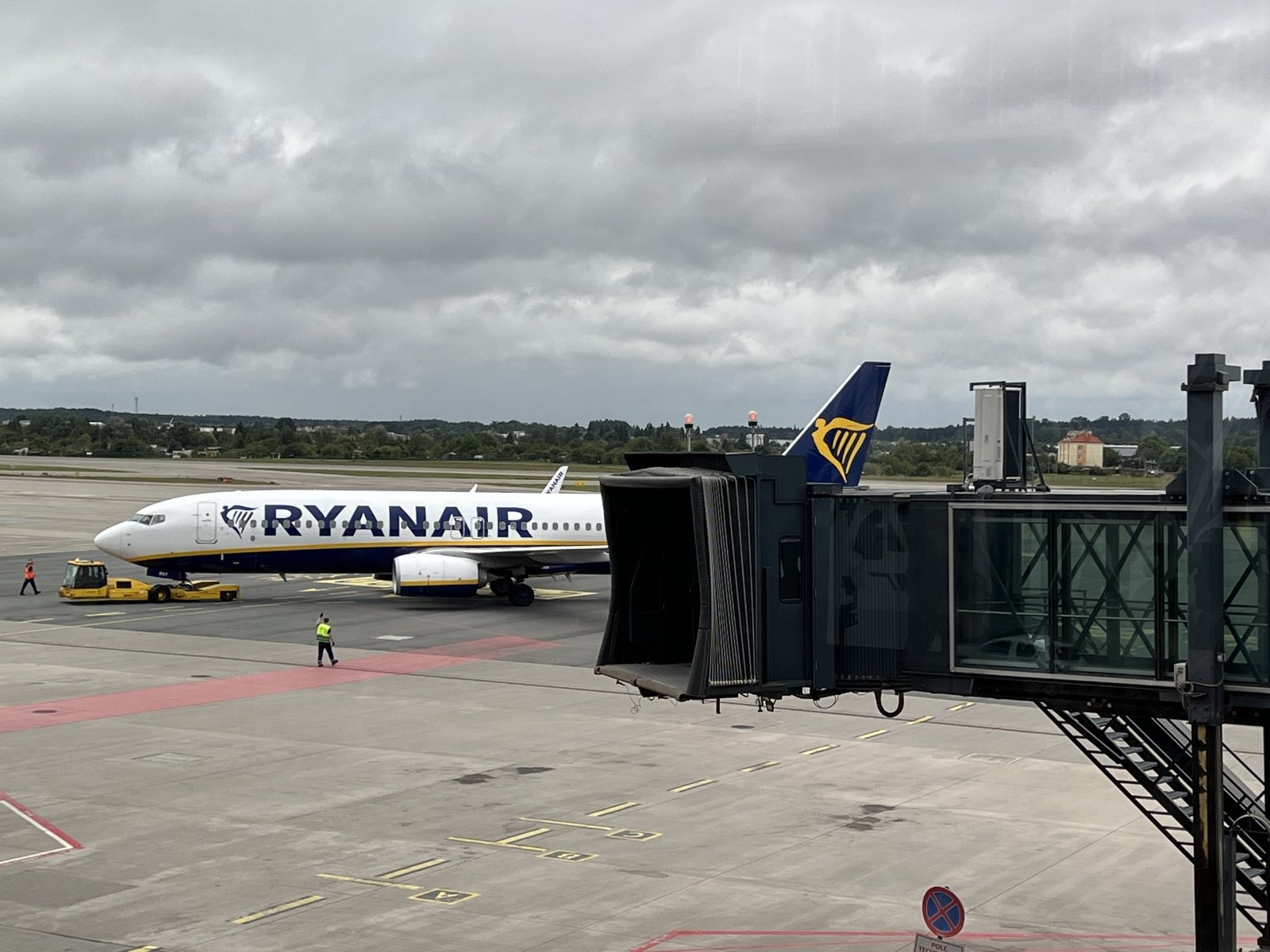HOW LABORATORIES OF IDEAS ARE MADE IN REALITY: LITHUANIA AND NIGERIA, THE BALTIC STATES AND AFRICA
By positioning Lithuania as a creative player in the field of information technology (IT), how can the experience of its people and the already developed IT infrastructure be useful, for example, to Nigerian IT specialists? And what links can be strengthened (or created) between the Baltic and African countries? Interview with Lukas Ivanauskas, who is responsible for the development of research skills and activities in the consulting platform AfriKo, a non-governmental organization.
This publication was prepared by Lithuania Development Cooperation Platform. “AfriKo” is a member of the DP platform.
* What are Digital Researchers?
“Digital researchers“: A three – year pilot project on legal migration to build partnerships between the Lithuanian and Nigerian information and communication technology (ICT) markets. Implement two business models during the pilot project. The first model included training for 15 ICT professionals from Nigeria and 12 months. long-term employment in Lithuanian companies to help the specialist improve their knowledge and skills, and seven Lithuanian IT companies were given the opportunity to attract talent from abroad. The second model focused on new Niger data analysts: 15 professionals had internships – deepened Turing College, and 11 of them also completed 5-6 months of internships in seven Lithuanian IT companies. The project is funded by the European Commission.
According to L. Ivanauskas, AfriKo:
Lithuania – a laboratory of ideas?
“For us, the Digital Explorers project is an example of how Lithuania and other countries can bring a fresh, innovative approach to the agenda of the EU and African partners, a topic that does not seem to be a priority in our country’s foreign policy. We are an example that Lithuania can be a laboratory of ideas. Digital Explorers is a pilot project, which means we have been able to spot traineeships, recruitment patterns and see what works and what doesn’t, and to share lessons learned with the international community, an organization like the UN International Organization for Migration.
At the global level, the development cooperation sector reflects the need to move beyond previous trends – the ‘aid’ relationship between the donor (rich Western country) and the recipient (African, Asian or Latin American) – and to build equal partners, and we have We originally base our activities on this activity both with partners in Nigeria and Lithuania.
In the policy of the Lithuanian DP, we should look for a fresh approach, be innovative, have an equal partnership with partners and, together with tangible results, have contributed better to the international agenda. Smaller but creative content, quality and knowledge of what is truly beneficial to both parties and the international community. Being small has very advantages: we are more flexible and we can try things out. At the same time, we do not have a DP industry that is depressing the ecosystems of major donor countries. “We don’t have a lot of baggage, so we can take this opportunity to rethink our experience of development cooperation very openly and critically, asking what we can really do in this policy area with our own resources.”
NB: Nigeria is the largest technology market on the African continent, with 23%. all African internet users
Diversity of partners
“The current EU-Africa strategy for the EU has five priorities, and our Digital Explorers project has responded to three of them. in particular, the digital partnership; Focusing on digital developers rather than consumers, we are testing to strengthen the skills of highly qualified professionals. advanced digital skills), which are given sufficient attention at EU level.
The second area of the partnership is migration. Our project is a pilot project on legal migration, connecting two markets – Lithuania and Nigeria – which previously have almost no interconnections. Although we faced challenges due to the lack of migration infrastructure and the regulation of highly qualified professionals in legal migration schemes in Lithuania, there were still two visa centers during the project, in Abuja and Lagos, the IT capital of Nigeria.
In addition, the experience gained in the field of migration processes can be useful for Lithuania in order to attract specialists from abroad, especially from African countries.
And the third partnership is growth and jobs. We always emphasize that the project is for seekers to win (both win) partnerships: we help Lithuanian companies get to know the Nigerian market better, open up to intercultural experience, find new IT specialists (we know there is a shortage of them in Lithuania), and in Nigeria contributed to giving Nigerian IT specialists more opportunities to deepen their professional knowledge. Strengthening the IT ecosystem and creating new jobs (eg the Lithuanian IT company TeleSoftas, which employed four of our project participants in Lithuania, decided to set up a new office in Abuja, Nigeria, to hire local Nigerian specialists and seek to actively participate in local ICT ecosystem strengthening. ).
Currently, 18 out of 26 Nigerian specialists who came to our project still work in Lithuanian IT companies. On the one hand, being in Lithuania may be like a brain drain abroad, but still, working to improve their skills, Nigeria gets more opportunities to reveal and strengthen their skills and gain international work experience, and could later use the return to the country. In addition, this talent partnership provides a better understanding of Nigeria’s ICT ecosystem. more is more investment in Nigeria as well, as it becomes better known and valued as dynamic and innovative – as has already happened in the case of TeleSoft.
Reflecting on the project at the end of it, we were glad that we had anticipated the main things and possible obstacles and difficulties. For example, we knew that it was bureaucratically difficult for people from Nigeria to come to Lithuania because we do not have an embassy and migration infrastructure there – it was necessary to create one. So we created a lot during the process when the need arose, but that is the purpose of the pilot project – to test the models. Pilot them. “
The state has not yet taken the opportunity
“We see that the Lithuanian authorities implemented the pilot project” Digital Explorers “from us and did not necessarily take everything they could. We have created new models not only for Lithuania, but also for the world. In Germany and France, for example, projects are now starting to find digital skills for highly qualified professionals, but we were among the first. The knowledge and experience gained in the project allowed the public authorities to make better use of our policy by reflecting on it as one of the best partners. We feel that this project remains an untapped opportunity for the Lithuanian state and the entire Lithuanian ecosystem. And there are plenty of topics here: from digitization and talent partnerships to economic diplomacy and institutional capacity building FinTech [finansinių technologijų] in the field.
We call ourselves reflective practitioners, so we not only implement projects, but also participate in political advocacy activities. We would like to see more such pilot projects in DP policy with other regions. ”
In the past 20 years, Nigeria’s ICT sector has grown from 1 percent. up to 10% of the country’s GNI. BNP
Three conversations
“Our project”Baltic States-EU-Africa Trialogue“The idea came from 2018. our initial analysis of Lithuanian and Estonian foreign policy towards the African region. We are very similar to Estonia: we are a resource-constrained country, our DP’s priority is the Eastern Partnership countries of Sakartvel, Moldova and Ukraine, and Africa is not a priority for us. However, both then and now, Estonia is a pioneer in the Baltics in developing partnerships with countries in the African region. Earlier this year, Estonia issued a comprehensive strategy for the African region, focusing not only on development cooperation policy but also on economic diplomacy and security policy in the region. From the research interviews and discussions conducted during the project, it seems that the Lithuanian ecosystem is ripe for a qualitative change in the country’s policy with African countries, but words need to be translated into concrete action. In Latvia, meanwhile, countries are increasingly interested in Latvia’s engagement in Africa, and for the first time, African countries are included in the latest development cooperation strategy.
Since its inception, AfriKo has identified itself as an organization that develops and analyzes relations between the Baltic and African regions, so the Baltic perspective, which is included in the national debate, is especially important to us, as we believe we can achieve better results together.
The Tlogo project aims to stimulate information and discussion on concrete measures to make meaningful involvement of the Baltic States in the EU-Africa partnership, which is currently a priority for the EU, with limited resources. The main points of this project are twofold: firstly, an analysis of the various Baltic policymakers, the public sector, business, civil society, expertise, attitudes and interests in EU-Africa relations. In order for the analyzes to be translated into action, the information gathered during the study is a tool to explore tangible measures that the Baltic States could implement together and in discussions with actors in the Baltic policy ecosystem (policy makers, public, private and civil society, experts). both individually and thus on the agenda of the EU and its African partners. Two such discussions have already taken place – one in Lithuania and the other in Estonia, and next year we will hold one national discussion in Latvia and one between Baltic policy makers and between Baltic, EU and African policy makers.
In this debate, we do not want to impose specific priorities from the country, neither on geography nor on topics, because it should be up to the ecosystems to decide. Our goal is to raise issues of efficiency and to make smarter use of our limited resources and to ensure that mutually beneficial partnerships are built. This requires an innovative approach.
We do not name specific African countries as priority areas for the Baltic States, because, admittedly, there is little data on which to decide where to go. It would be inappropriate and reckless to pick up a map and starve it. Therefore, it seems to us that experimentation can help answer the questions: do we need priorities and policies? Businesses and civil society organizations do not operate under a ‘priority country’ from the ceiling – they go where it seems most meaningful to them, and that is normal. We are looking for common ground – what is the priority for the state? Recognizing that we do not know much, a model of structured experimentation (innovative pilot projects with clearly defined expectations) could help the Baltics find themselves on the agenda of EU-Africa partners as a laboratory for European ideas. ”
There are 54 countries across the African continent
The report was published by: Ugnė Kumparskaitė, National Platform of Non-Governmental Development Cooperation Organizations
The BNS Press Center publishes press releases from various organizations. Notices and the organizations they represent are responsible for notifying them.




